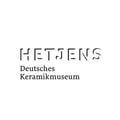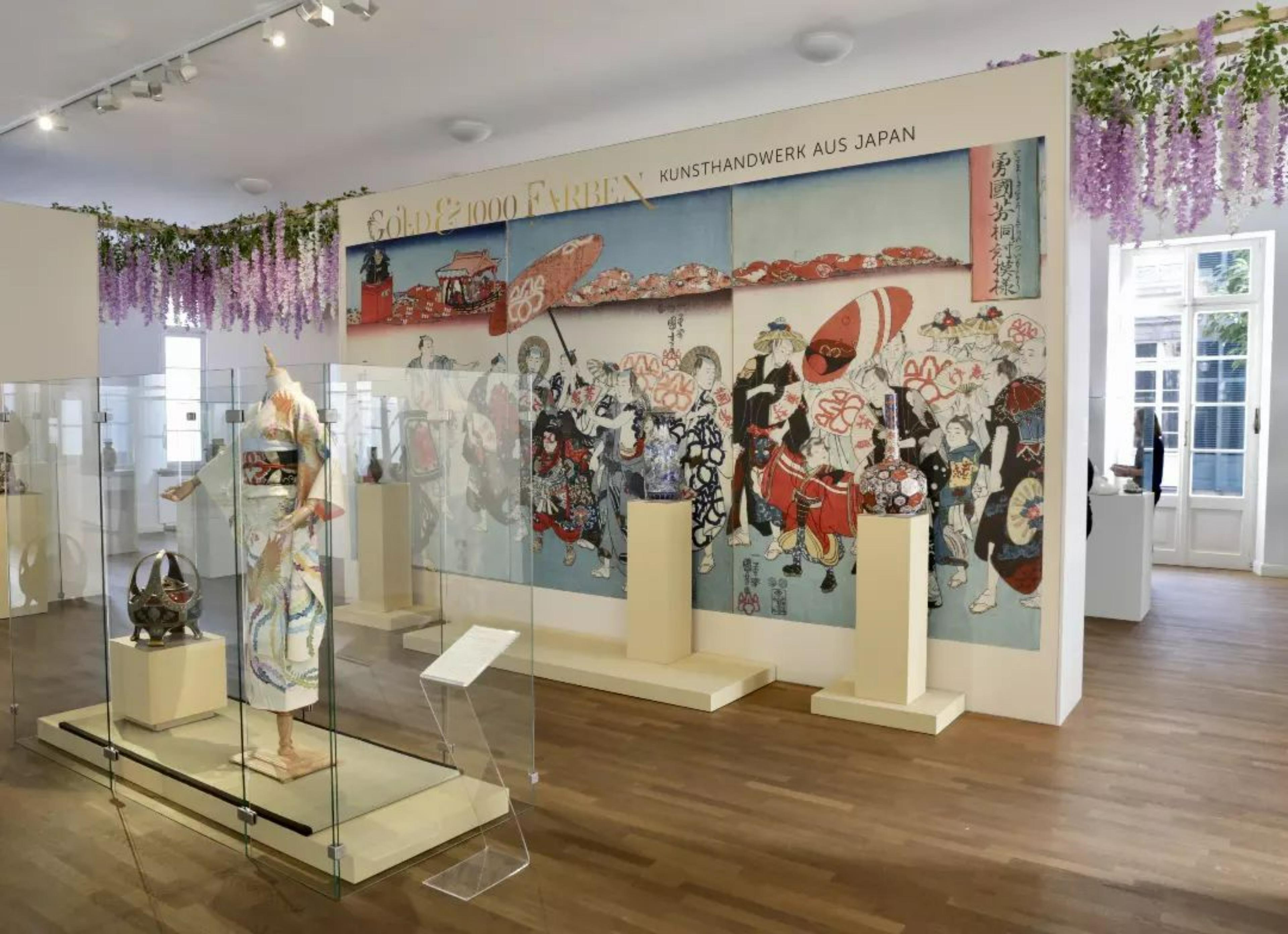
Hetjens-Museum

Hetjens-Museum
Venue Type
The Hetjens – German Ceramics Museum is located in one of the most beautiful historical buildings in Düsseldorf’s old town, the Palais Nesselrode – just a few minutes’ walk from the banks of the Rhine and Burgplatz.
Spaces
Unfortunately, Hetjens-Museum hasn't added any spaces to their profile on The Vendry.
About
The Hetjens-Museum opened in 1909 as a municipal museum on the basis of the legacy of Laurenz Heinrich Hetjens (1830-1906). Hetjens, an industrialist and art collector, donated to the city, amongst others, a considerable collection of Rhenish stoneware, which formed the foundation of the present museum. Over the years, the collection was expanded through donations and selective purchases to present 8000 years of ceramics history. A unique museum developed, uniting under one roof ceramic products from across all continents. From early Anatolian vessels from the time around 6000 B.C. to antique vases, Italian majolica, picture tiles, East Asian porcelain, and contemporary ceramics, the permanent collection presents a wide range of ceramics. Apart from utilitarian objects, there are unique pieces of accomplished craftsmanship with extravagant decorations, and three-dimensional works. The departments are divided by regions of origin and types of ceramic: early periods and antiquity, Africa, Pre-Colombia, earthenware and stoneware from Europe, Islam, European faiences, East Asia, porcelain from European manufactures, and 20th-century ceramics. The largest object is a cupola from Multan (today Pakistan). The total present inventory comprises over 20.000 pieces. A large part of the collection is accessible to the public on the 8.500 sqm exhibition surface.
Discussions
Press


Details
Unfortunately, Hetjens-Museum hasn't added any additional details to their profile on The Vendry. Want more info about the venue? Click the link below to request more information.
Do you work for Hetjens-Museum? Contact us to learn more about who's managing this profile or gain access.

%2F6.7706385%2C51.2241045%2C13%7D%2F300x300%3Faccess_token%3Dpk.eyJ1IjoibWF0dC12ZW5kcnkiLCJhIjoiY2xlZWZkNTQ1MGdhZTN4bXozZW5mczBvciJ9.Jtl0dnSUADwuD460vcyeyQ)